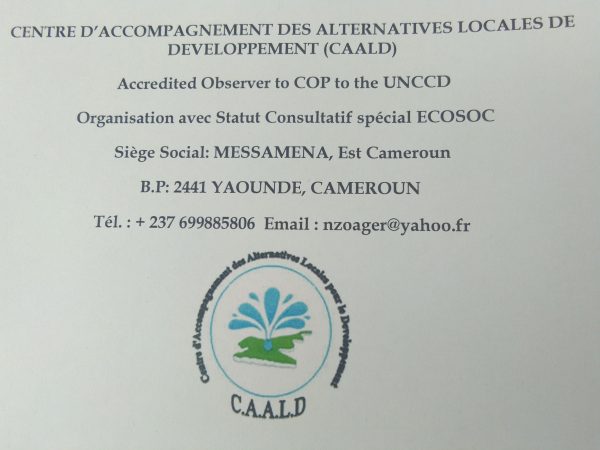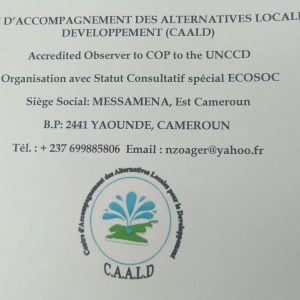Village Observatory for Climate Change
The Centre for supporting local alternatives for development (Caald) supports sustainable local development’s communities of indigenous and rural peoples in the area of economic and social development, education, the environment, culture, health, human rights and indigenous.

Overview of the project

The observatories have created several relevant tools, not only to raise awareness, but also to promote and emphasize the use of the know-how of the local populations, their natural, environmental and atmospheric knowledge, so it can be integrated in the use of modern technologies for effective adaptive solutions.
These tools guide actions for resilience, environmental protection and the revival of the rural economy, and include :
- A guide on traditional knowledge is available to showcase best practices and experiences gained from the initiative;
- Many culturally relevant educational materials have been published.
- Publications are being reproduced for use in the replication of the project;
- A set of culturally relevant educational materials that can
- A set of culturally relevant educational materials that can protect and revitalise traditional culture has been produced;
The implementation of the observatories contributes to facilitating people’s engagement in addressing climate change issues. Furthermore, the design and implementation of the initiative takes into account the particularities of local actors and enhances the information and communication plan on themes such as the natural environment (climate, relief, vegetation and flora, fauna, hydrography, soil and subsoil), the human and social environment (population, structure), the habitat, the primary sector (agriculture, livestock, water and forests, mining), the secondary sector (industry, crafts, mining, electricity, gas, water, solar panels), the tertiary sector (trade, banks, transport), infrastructures.
The village observatories aim to : - raise awareness about climate change - Participate in natural resource management and understanding of environmental changes; - facilitate the management of the agricultural calendar, conservation and protection of natural resources, and watershed management - improve agricultural production, food security and contribute to the revival of the rural economy; - to identify and catalogue plants in the database with digital photographs to improve understanding of climate change;
Multi-site development
01/02/2022 - project still in progress
1. Relance economie rurale de 15 villages;
2. Protection environnementale de 15 villages;
3. Resilience/mitigation de 15 villages au changement climatique;
4. Valorisation des acquis des observatoires dans 15 villages;
5. Replication des experiences acquises au niveau local, regional et international.
Please cf. quantitative results.
Partnership and own funding.
organisation
The Centre for supporting local alternatives locales for development (Caald) supports sustainable local development’s communities of indigenous and rural peoples in the area of economic and social development, education, the environment, culture, health, human rights and indigenous.
It promotes the integral and participative development of peoples in remote and vulnerable areas of the country. Supports the awareness-raising aspects related to social development, education, health, environment, culture and human rights.
Caald works with several partners for establishing a Pygmies development plan of the Messamena area, which gave the Pygmy people access to basic social services, as well as housing, facilities, basic infrastructure and income-generating activities.
Local organisations and networks.






